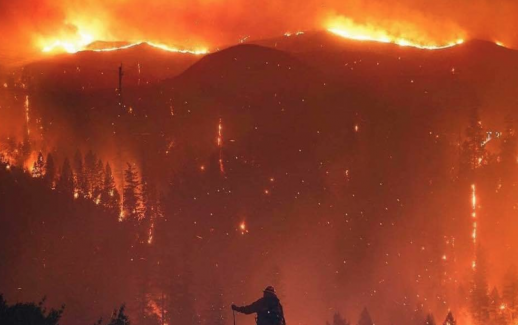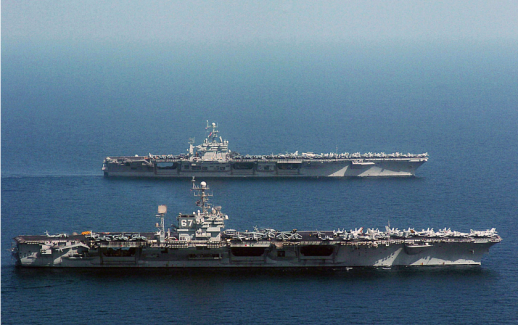Is the Zambezi River Authority a Model for Ethiopia, Egypt, and Sudan?
Issues: The Ethiopian Grand Renaissance Dam, or GERD, is a massive Nile River dam project impacting tens of millions downstream and upstream. Ethiopia cites national sovereignty in its right to build and fill the dam to stabilize its own infrastructural, agricultural, and energy future. Egypt and Sudan cite risks to their water, agriculture, and energy supplies caused by potential non-collaborative, unilateral water management decisions by Ethiopia upriver.
Fact: The Zambezi River Authority (ZRA) is a joint corporation formed by the governments of Zimbabwe and Zambia mostly to manage, operate, and maintain the Kariba Dam on the Zambezi River in service to the populations of both countries. The ZRA also focuses on riparian co-conservation and co-management. The two nations share costs of management, upgrades, and new construction with international and private funding sources.
Question: Does the Zambezi River Authority model and experience offer guidance for a poly-mutually, beneficial way forward for using and managing the GERD and related Nile River conservation projects between Ethiopia, Egypt, and Sudan?
Recent Curative Diplomacy: Most recently, U.N. and U.S. representatives have stayed the course recommending a negotiated solution on upstream and downstream Nile River management and GERD issues, citing other nations’ successes in finding multilateral solutions. Such an approach by the U.S. Biden Administration State Department would cure the contradictory, ineffective approach taken by the previous Administration that itself leaned on national sovereignty arguments to justify its own unilateral policies while impliedly threatening Ethiopia’s like conduct when then-President Trump’s comment that Egypt would be justified in blowing-up the GERD.
Also, despite agitation propaganda aimed at undermining the World Bank over many decades, it is a World Bank supported program called Cooperation in International Waters in Africa (CIWA) that has aided successful cooperatives such as the Zambezi River Authority (ZRA), the Zambezi Watercourse Commission (ZAMCOM), and Zambezi Water Information Management System (ZAMWIS).
Takeaway: Organized water-cycle management efforts insuring efficient, sufficient, healthy, and effective water supply and usage suggest that there is no rational necessity for imposing existential threats over water sources and cycles where international collaboration and investment can ultimately save more total resources than would be wasted on inefficient, unsustainable conflict. However, time is of the essence where advance planning has been neglected, and water supply, usage, technology, and re-collection solutions take time, expertise, and collaborative work ethic to realize.

